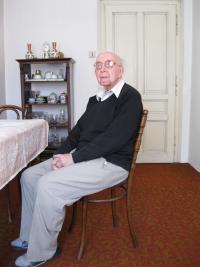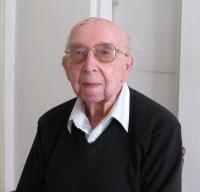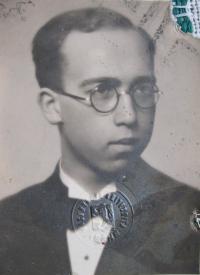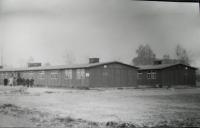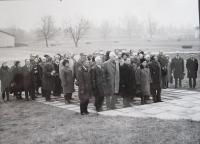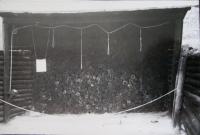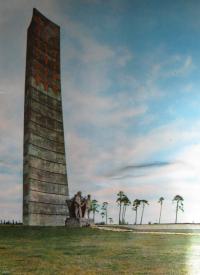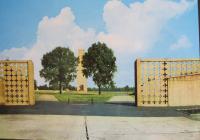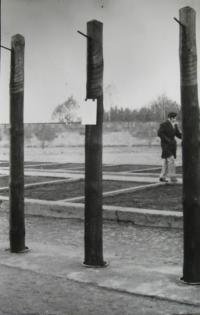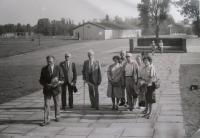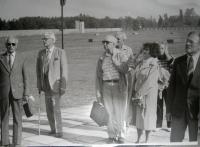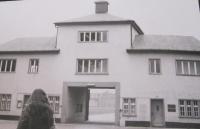Our concentration camp was the slaughterhouse of Berlin

Download image
JUDr. František Pavelka was born in 1916 in Vienna. His father, Artur, served as a senator in the National Assembly for the Czechoslovak People’s Party between 1925 - 1935. František studied at the Slovanské gymnasium (grammar school) in Olomouc and then he was admitted to the Law Faculty of Masaryk University in Brno. After the student demonstrations against the country’s occupation by the Nazi Germany on November 17, 1939 when he was in the last year of his studies, he was arrested together with several hundreds of other students and taken to the concentration camp, Sachsenhausen. He spent over a year there without trial and in terrible conditions. He completed his studies after the war and became a Doctor of Law. He refused to join the Communist Party after February 1948 and so until his retirement, he was employed only in jobs which were far below his qualification. In the 1990s he served as the chairman of the district committee of the Czechoslovak and later Czech Association of Freedom Fighters for several years and as a member of its central committee. He now lives in Olomouc with his wife Jiřina Pavelková.
